Table of Content
ToggleIntroduction
Brazil, a land of rich culture, history, and natural beauty, has been a key player in Latin America’s political landscape. However, with a history marred by coups, dictatorships, and corruption, Brazil’s politics have remained anything but simple. In this blog post, we will explore the current political situation in Brazil, delving into the key players, ongoing challenges, and potential future directions. By providing a balanced analysis, we hope to help you better understand this fascinating country’s political dynamics.
I. Background and Context
Brazil’s political system has undergone various transformations since gaining independence from Portugal in 1822. The country has seen both monarchy and dictatorship, but it now functions as a federal presidential constitutional republic. The political landscape is characterized by a multitude of political parties, with the president and the National Congress being the most influential political institutions.
The current political landscape is marked by the rise of right-wing politics, with President Jair Bolsonaro, a former military officer, took office in January 2019. Bolsonaro’s presidency represented a significant shift in Brazilian politics, with his administration focusing on conservative social values, economic liberalization, and increased military presence.
II. Key Players
Brazil’s political arena is dominated by several key parties, each with its own distinct ideologies and goals:
- Social Liberal Party (PSL) – Jair Bolsonaro’s party, which promotes conservative social values and economic liberalism.
- Workers’ Party (PT) – A left-wing party focused on social justice and workers’ rights, which governed Brazil under presidents Luiz Inácio Lula da Silva and Dilma Rousseff.
- Brazilian Social Democracy Party (PSDB) – A centrist party advocating for social democracy and market-oriented economic policies.
Prominent political figures include
- Jair Bolsonaro was the President of Brazil till 2023, and is known for his controversial statements and hardline stances.
- Luiz Inácio Lula da Silva, a charismatic former president who has regained political relevance after his corruption convictions were overturned. He got back in the role of President as winner of the elections in 2023 and acts as the actual President of Brazil.
- Sergio Moro, a former judge who spearheaded the Operation Car Wash corruption investigations and briefly served as Bolsonaro’s Minister of Justice.
III. Ongoing Challenges
Brazil’s political landscape is fraught with numerous challenges, which include:
- Economic Inequality: Despite being the world’s ninth-largest economy, Brazil suffers from severe income inequality, which fuels social unrest and political divisions.
- Corruption: The country has been plagued by numerous corruption scandals, including Operation Car Wash, which implicated top politicians and business leaders.
- Organized Crime: Drug trafficking and violent crime, particularly in urban areas, pose significant challenges to law enforcement and political stability.
- Environmental Issues: The deforestation of the Amazon rainforest and threats to indigenous lands have become highly charged political issues, with the Bolsonaro administration facing criticism for its perceived lack of action.
IV. Social and Cultural Influences
Several social and cultural factors significantly influence Brazil’s political climate:
- Social Movements: Activist groups advocating for environmental protection, indigenous rights, and LGBTQ+ rights have gained traction in recent years, shaping public discourse and influencing policy decisions.
- Indigenous Rights: Land disputes between indigenous communities and agribusiness interests have become a contentious political issue, with activists and some politicians calling for greater protection of indigenous territories.
- Religion: Brazil is predominantly Catholic, and the rise of evangelical Christianity has had a profound impact on politics, with religious leaders and conservative politicians often forming alliances on social issues.
V. Brazil in the International Arena
Brazil’s role in the global community has been defined by its relationships with regional and international organizations, as well as its balancing act between domestic and foreign policy priorities:
- Regional Relationships: Brazil is a key member of regional organizations such as MERCOSUR, the Union of South American Nations (UNASUR), and the Community of Latin American and Caribbean States (CELAC). Its relationships with neighboring countries such as Argentina, Paraguay, and Uruguay are crucial to regional stability and cooperation.
- Global Organizations: As a BRICS member, Brazil plays a significant role in the international community. It actively participates in the United Nations, the World Trade Organization, and other global organizations, often advocating for the interests of developing nations.
- Balancing Act: Brazil faces the challenge of balancing its domestic priorities, such as addressing economic inequality and corruption, with its international commitments and aspirations to play a more significant role in global affairs.
VI. Future Prospects
The future of Brazil’s political landscape will likely be shaped by several critical factors:
- Elections 2022: With presidential elections scheduled for 2022, the political landscape shifted dramatically, due to the outcome. A rematch between Bolsonaro and Lula da Silva represented a clash of ideologies and visions for Brazil’s future.
- Political Reform: The fight against corruption remains a priority for many Brazilians, who demand political reforms to improve transparency and accountability. These reforms, if implemented, could lead to a more stable political environment.
- Technology and Social Media: The increasing role of technology and social media in shaping public opinion and political discourse is undeniable. As more Brazilians connect online, these platforms will play a pivotal role in shaping the country’s political future, enabling grassroots movements and new voices to emerge.
Conclusion
In this blog post, we have explored the complexities of Brazil’s current political landscape, providing an overview of the key players, ongoing challenges, and potential future directions. Brazil’s politics are influenced by a multitude of factors, ranging from historical legacies to social movements and global alliances. As one of the largest and most influential countries in Latin America, understanding Brazil’s political dynamics is essential for those interested in the region’s development and progress. By remaining engaged and informed, we can better appreciate and navigate the ever-evolving political landscape of this fascinating and diverse nation

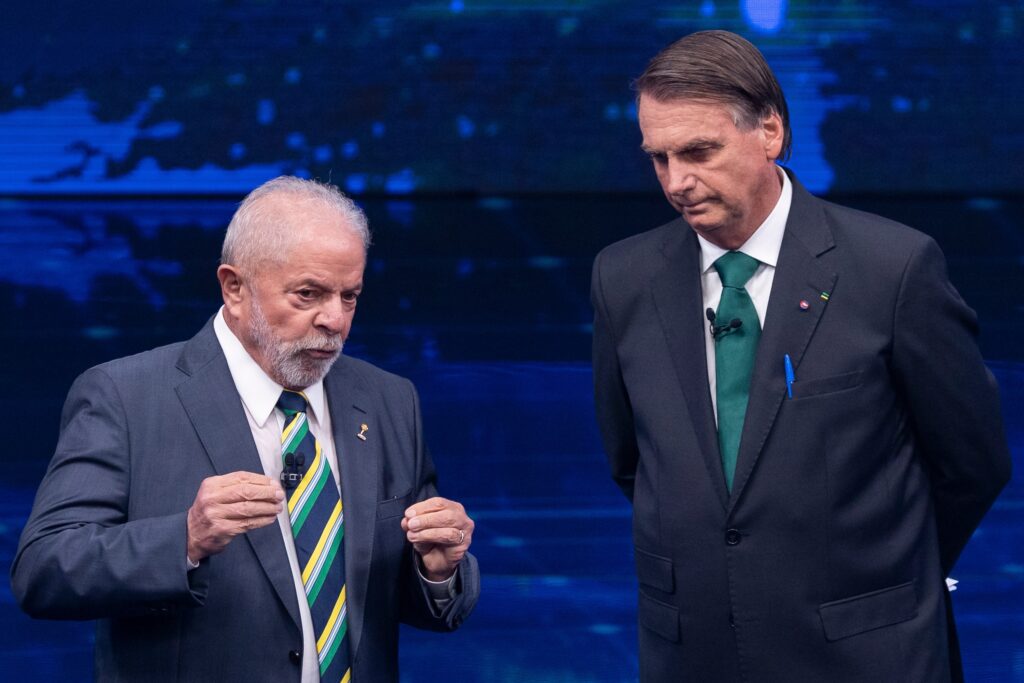
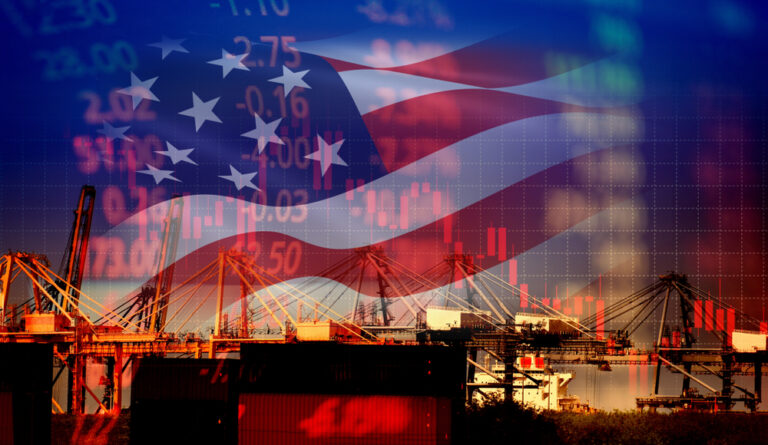
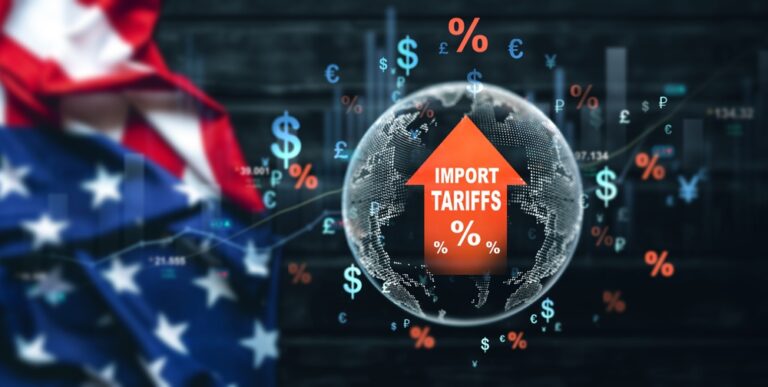
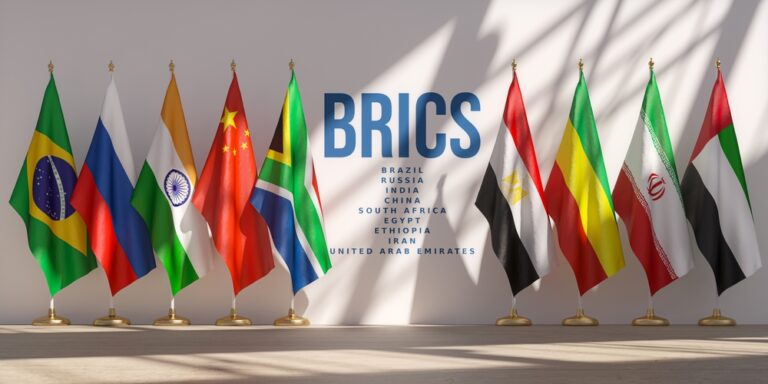
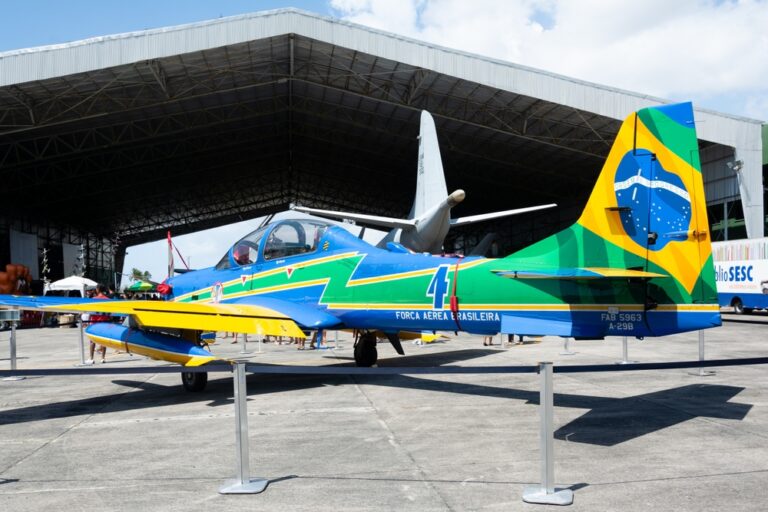
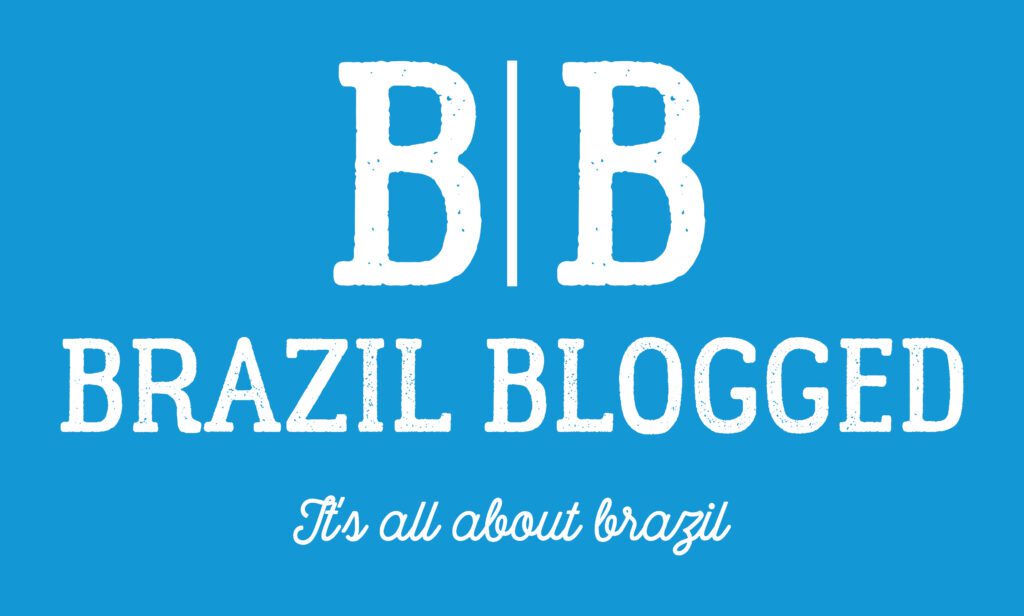


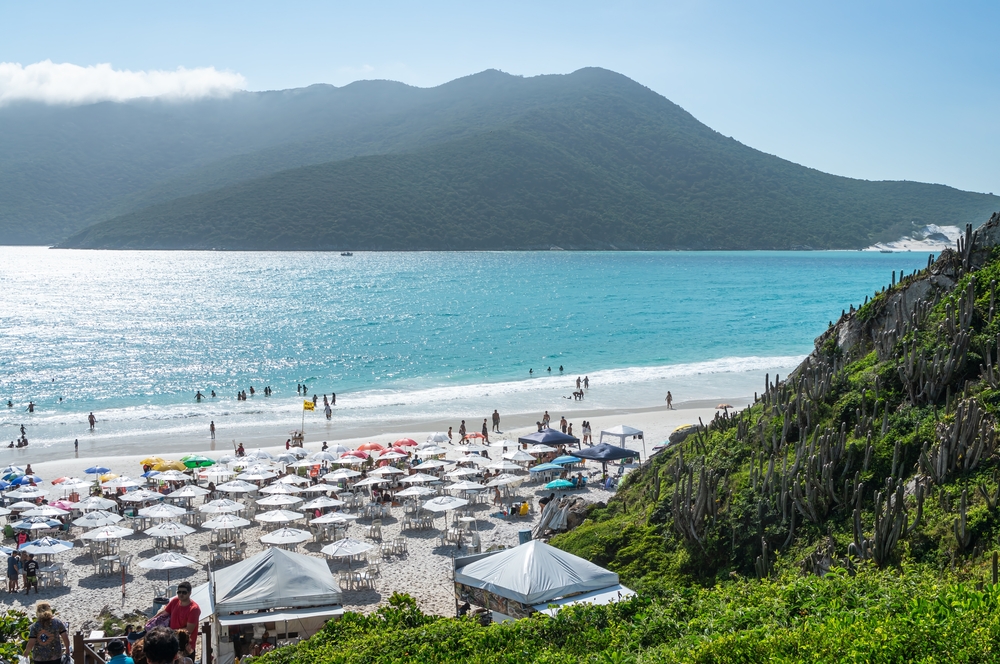
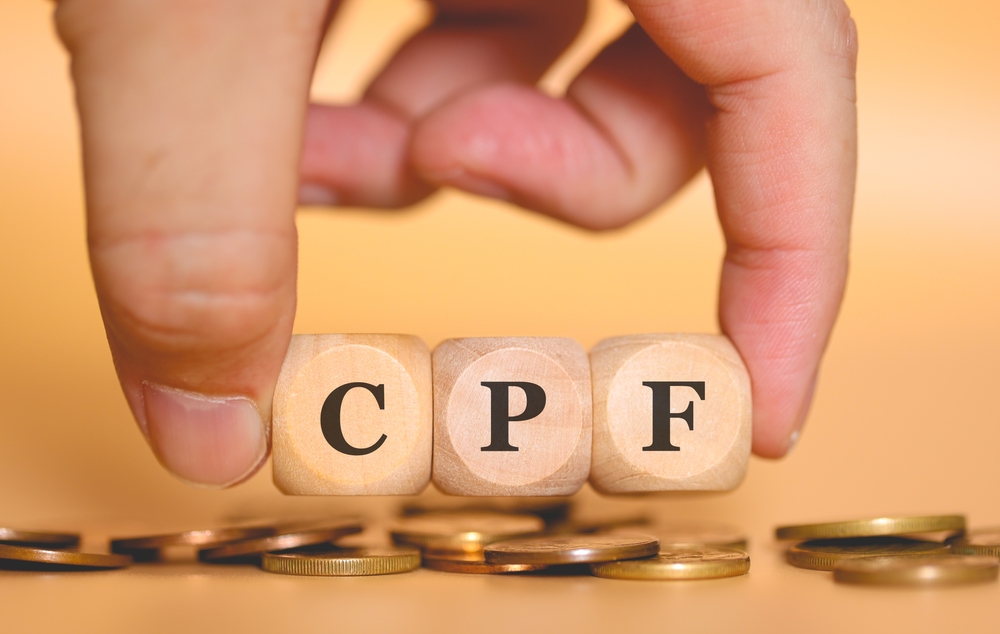
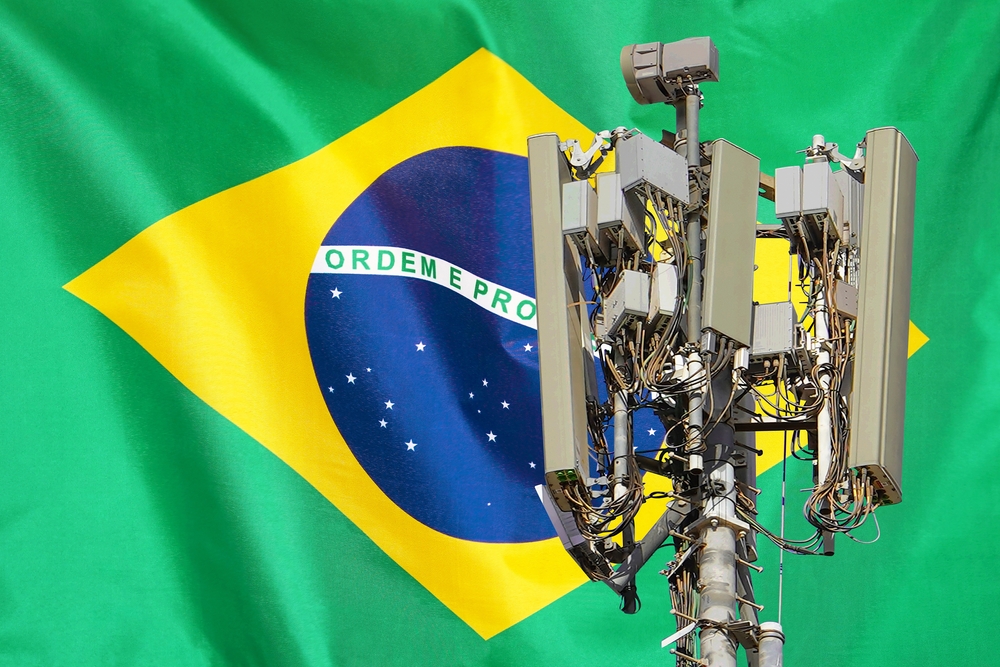
2 Responses